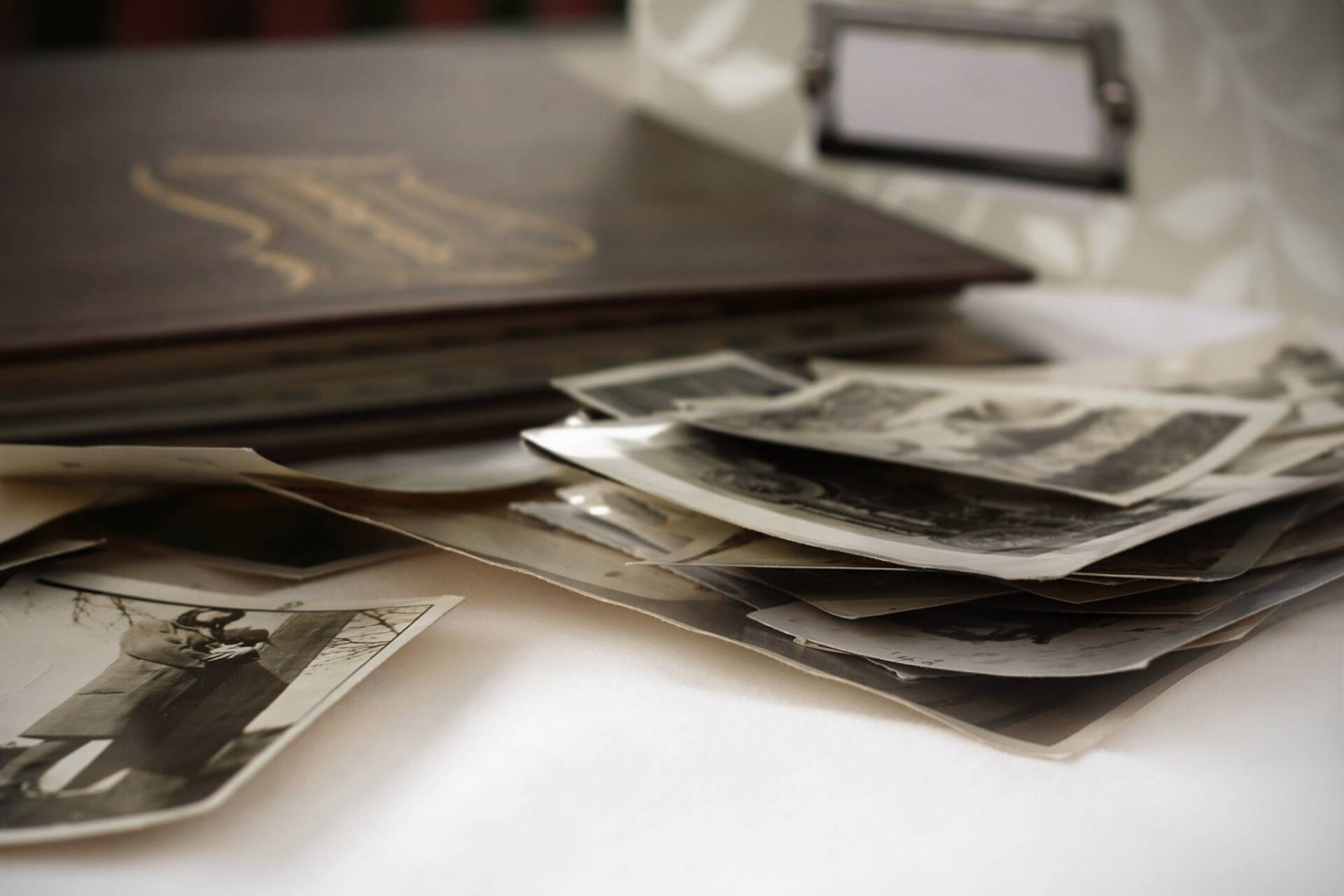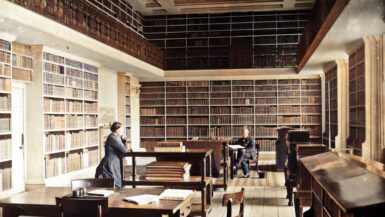Are you looking to trace your Irish roots and unlock the secrets of your family history? The Emerald Isle has a rich history and countless resources available for genealogists and family historians. In this comprehensive guide, we explore the top 10 resources for Irish family history research, providing you with the tools you need to unearth your ancestry and embrace your unique heritage.
Contents
National Archives of Ireland
The National Archives of Ireland, located in Dublin, is a treasure trove of historical records and documents. As the primary repository for the records of the Irish government, it houses a vast collection of materials that can assist you in your family history research. Key resources include:
- Census records: The surviving Irish census records from 1901 and 1911 are available online, offering invaluable information on family members and their occupations, ages, religions, and places of birth.
- Wills and probate records: These documents can provide insights into family relationships, property ownership, and the financial status of your ancestors.
- Military archives: Discover the military history of your family through records related to the Irish Defence Forces, the Irish Volunteers, and the Royal Irish Constabulary.
To access these records and more, visit the National Archives of Ireland’s website (www.nationalarchives.ie) and explore their online databases.
General Register Office (GRO)
The General Register Office, also known as the GRO, is responsible for maintaining records of births, marriages, and deaths in Ireland. These records are essential for building your Irish family tree and tracing your ancestry. Key resources include:
- Civil registration records: Births, marriages, and deaths have been recorded in Ireland since 1864 (non-Catholic marriages since 1845). You can search these records online through the Irish Genealogy website (www.irishgenealogy.ie).
- Indexes: The GRO has indexes of birth, marriage, and death records available for public research. These indexes can help you locate the exact records you need to trace your Irish ancestry.
National Library of Ireland (NLI)
The National Library of Ireland, located in Dublin, is an important resource for anyone researching their Irish family history. With a vast collection of books, manuscripts, newspapers, and maps, the NLI can help you uncover the historical context of your ancestors’ lives. Key resources include:
- Newspapers: The NLI holds an extensive collection of Irish newspapers dating back to the 18th century. These can be invaluable for discovering local events, obituaries, and other information related to your ancestors.
- Maps: Historic maps can help you pinpoint the location of your ancestors’ homes, land, and places of work, giving you a better understanding of their daily lives.
To access these resources, visit the National Library of Ireland’s website (www.nli.ie) or plan a visit to their reading rooms.
Irish Genealogy (IrishGenealogy.ie)
IrishGenealogy.ie is a free online database run by the Department of Arts, Heritage, and the Gaeltacht. This invaluable resource provides access to millions of Irish genealogical records, making it an essential tool for tracing your Irish ancestry. Key resources include:
- Civil records: Access digitized images of birth, marriage, and death records from the General Register Office, with records dating back to 1864 for births and deaths, and 1845 for non-Catholic marriages.
- Church records: Search through a growing collection of church records from various denominations, including Catholic, Church of Ireland, and Presbyterian registers.
- Census records: IrishGenealogy.ie also provides links to the 1901 and 1911 census records held by the National Archives of Ireland.
To begin your research, visit the Irish Genealogy website (www.irishgenealogy.ie) and explore their extensive databases.
Griffith’s Valuation
Griffith’s Valuation is a comprehensive survey of property ownership in Ireland, conducted between 1847 and 1864. This resource is particularly useful for researchers whose ancestors lived in Ireland during the mid-19th century, a period when many other records were destroyed. Key resources include:
- Property valuations: Discover the location, size, and value of the land and property owned or rented by your ancestors.
- Maps: Griffith’s Valuation maps can help you visualize the layout of towns and rural areas, providing valuable context for your family history research.
You can access Griffith’s Valuation online through the Ask About Ireland website (www.askaboutireland.ie).
Public Record Office of Northern Ireland (PRONI)
For those with family roots in Northern Ireland, the Public Record Office of Northern Ireland (PRONI) is an essential resource. Located in Belfast, PRONI holds an extensive collection of records related to the six counties of Northern Ireland. Key resources include:
- Census records: Access the 1901 and 1911 census records for Northern Ireland, as well as surviving fragments of the 1821, 1831, 1841, and 1851 censuses.
- Church records: PRONI holds many church records for various denominations in Northern Ireland, including baptism, marriage, and burial registers.
- Land records: Explore land records, such as the Tithe Applotment Books and Griffith’s Valuation, to trace your ancestors’ land and property ownership.
To access these records, visit the PRONI website (www.nidirect.gov.uk/proni) or plan a visit to their research facilities.
Registry of Deeds
The Registry of Deeds, located in Dublin, is a valuable resource for genealogists researching Irish land and property records. Established in 1708, the Registry holds records of land transactions and property ownership throughout Ireland. Key resources include:
- Deeds: Search through a vast collection of property deeds, which can provide information on family relationships, property transfers, and financial transactions.
- Memorial books: These books contain abstracts of registered deeds, making it easier to locate specific records related to your ancestors.
To access the Registry of Deeds, visit their website (www.prai.ie/registry-of-deeds-services) or plan a visit to their research facilities.
Church Records and Parish Registers
Church records and parish registers are crucial for tracing your Irish family history before the introduction of civil registration in 1864. These records can include baptisms, marriages, and burials, providing vital information on your ancestors and their lives. Key resources include:
- Catholic parish registers: The National Library of Ireland has digitized many Catholic parish registers, which can be accessed for free on their website (registers.nli.ie).
- Church of Ireland records: Some Church of Ireland records are held by the Representative Church Body Library in Dublin, while others can be found at the Public Record Office of
- Northern Ireland (PRONI) and local archives.
- Presbyterian records: Presbyterian registers can be found at the Presbyterian Historical Society of Ireland in Belfast and PRONI.
To access these resources, visit the respective websites or plan a visit to the relevant archives and research facilities.
County Heritage Centres
County Heritage Centres are local repositories of genealogical information and resources specific to their respective counties. These centers can provide valuable assistance and access to unique resources for tracing your Irish family history. Key resources include:
- Local history books: County Heritage Centres often have extensive collections of local history books that can provide insights into the lives of your ancestors and the communities they lived in.
- Graveyard inscriptions: Many centers have transcriptions of gravestone inscriptions, which can provide valuable information on family relationships and dates of birth and death.
- Parish records: Some County Heritage Centres hold copies of local parish records, offering another avenue for tracing your Irish ancestors before the introduction of civil registration.
To find a County Heritage Centre near your area of research, visit the Irish Family History Foundation’s website (www.rootsireland.ie) and search for your relevant county.
In summary, this comprehensive guide to the top resources for Irish family history research provides you with the essential tools and resources for tracing your Irish ancestry. By utilizing these resources, you can uncover the rich history of your family and embrace your unique Irish heritage.






Leave a reply